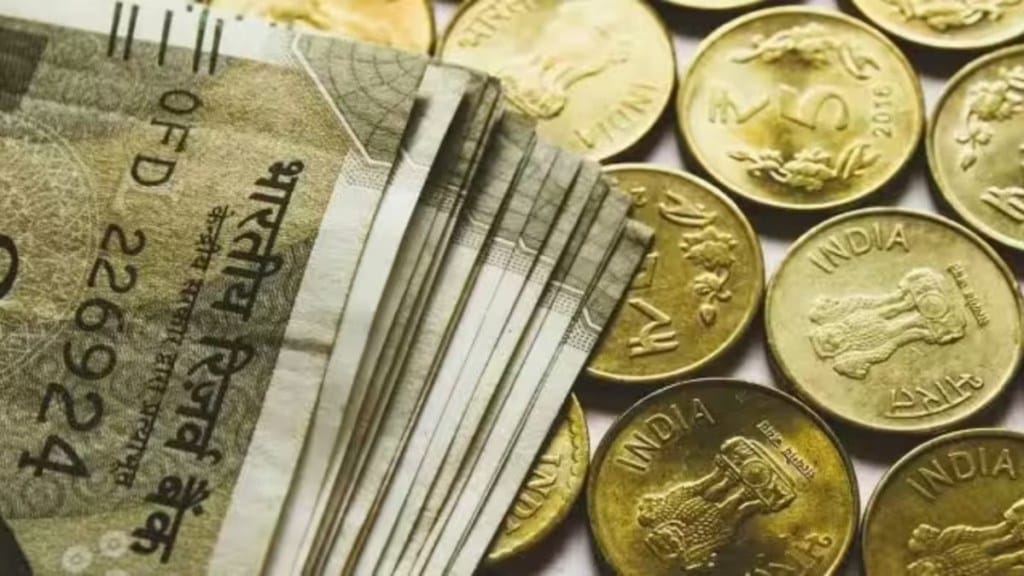The larger-than-expected cut in the US interest rate by the Federal Reserve is likely to enthuse banks and companies to explore the overseas debt market, as raising funds from offshore has become cheaper, market participants said. In addition, the demand for cross-currency swaps from corporates may see an uptick with the Fed’s projection to reduce borrowing costs by 200 bps in the next 15 months.
“The dollar bond issuances or dollar borrowing rates will be lower than rupee borrowing rates even after your adjust the hedging cost, so this will definitely lead to the demand for overseas funds. Not just banks, but NBFCs and companies will increasingly tap ECBs (external commercial borrowing),” said Kanika Pasricha, chief economic advisor at Union Bank of India.
Assuming a shallow rate-cut cycle back home, overseas funding costs are likely to fall more in overseas than locally, said market participants.
Currency hedging cost is the spot and forward rate differential as percentage of the spot rate.
Economists said raising funds through external commercial borrowings at lower costs is likely to provide a temporary solution to banks to navigate through the problem of dwindling deposits and rising credit demand. However, raising funds from offshore has a limitation as banks can only raise up to a certain percentage via ECBs. State-owned banks can raise up to 20% through foreign direct investment, while private banks can mop up up to 74%, as per the RBI guidelines.
In addition to banks, non-banking finance companies are also likely to raise funds through the ECB route. Owing to a greater emphasis on green financing due to climate change issues, a fall in overseas borrowing cost opens the doors for fundraising from abroad as an additional avenue.
Moreover, Indian companies have started opting for cross-currency swaps as they expect the US interest rates to fall further, dealers said. “Today (Friday), a few conglomerates have done currency swaps to convert rupee liabilities into dollars,” a dealer with a foreign bank said.
Even before the Fed announced the rate cut, Indian companies have tapped the offshore bond market to raise around $6.32 billion. So, entities that want to explore the offshore market and players which have already been raising funds overseas hailed the Fed action.
“Tightness in the domestic liquidity and a simultaneous fall in global rates, particularly SOFR (secured overnight financing rate), will definitely drive up ECBs issuances. Also, it will lead to a reduction in the competition in the domestic market,” said Anil Singh, senior vice president and group head, financial sector ratings, ICRA.

